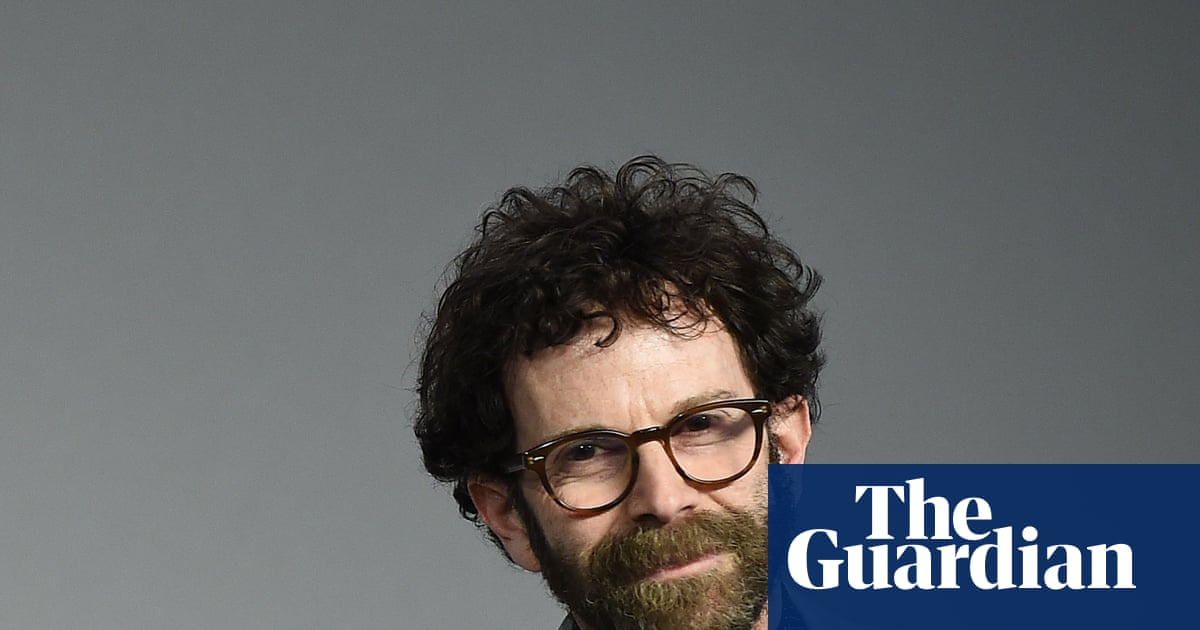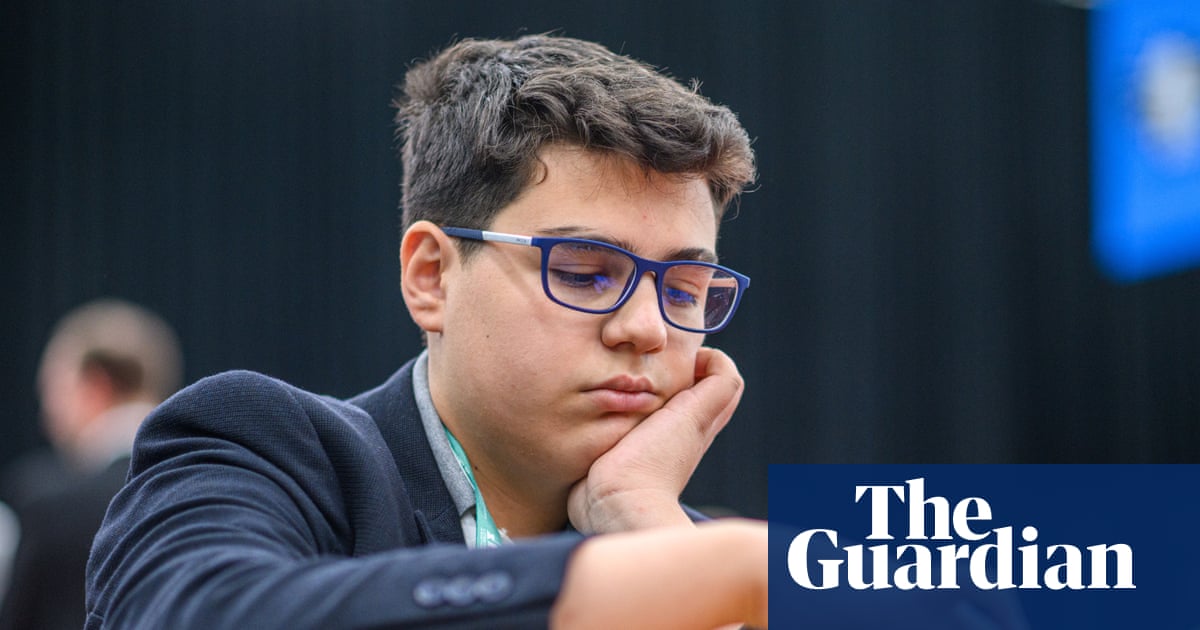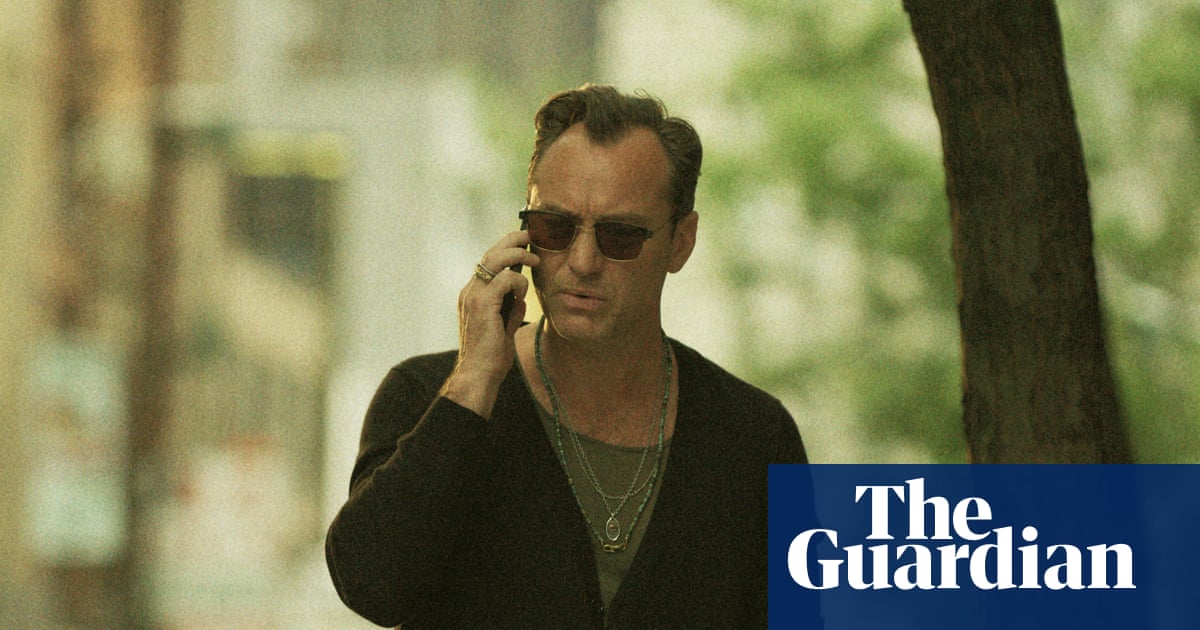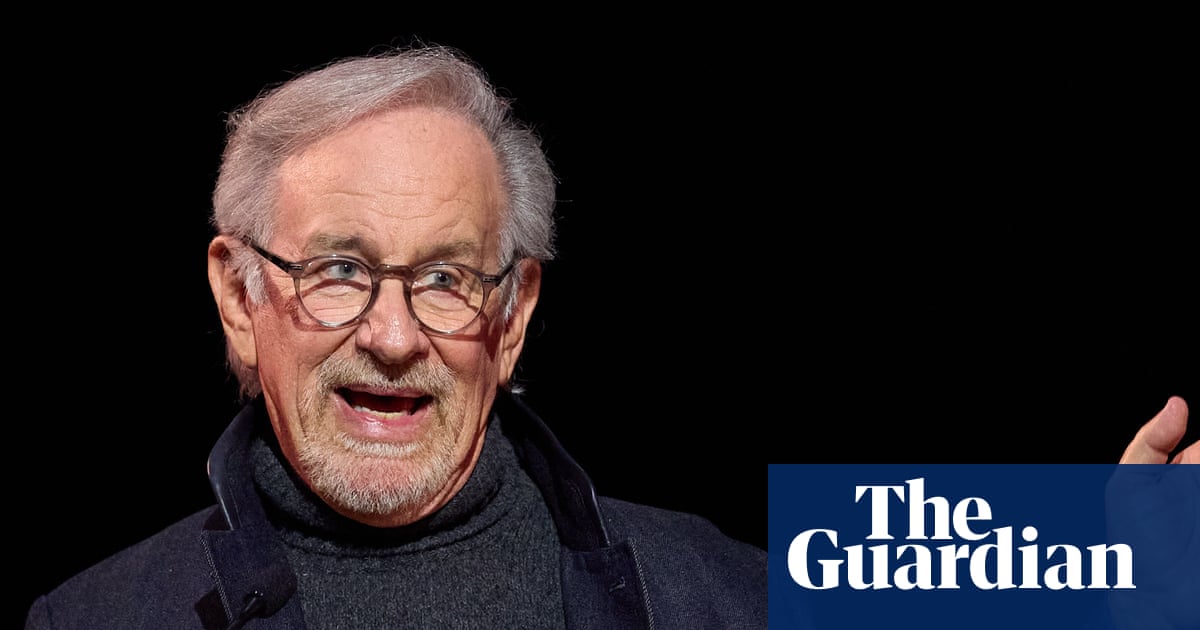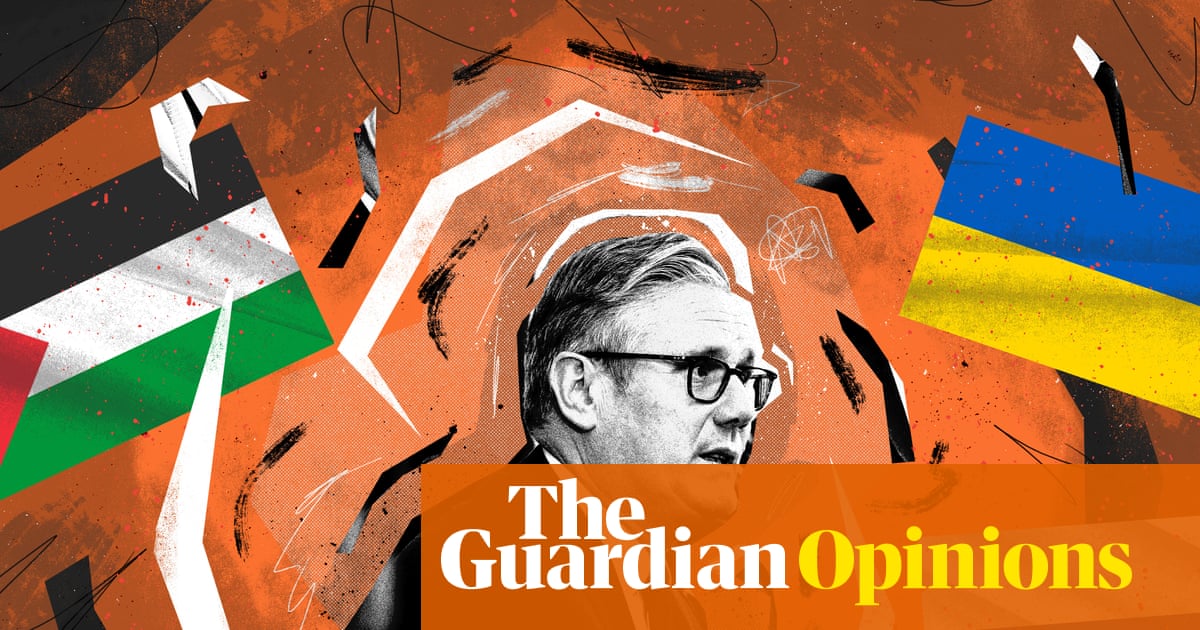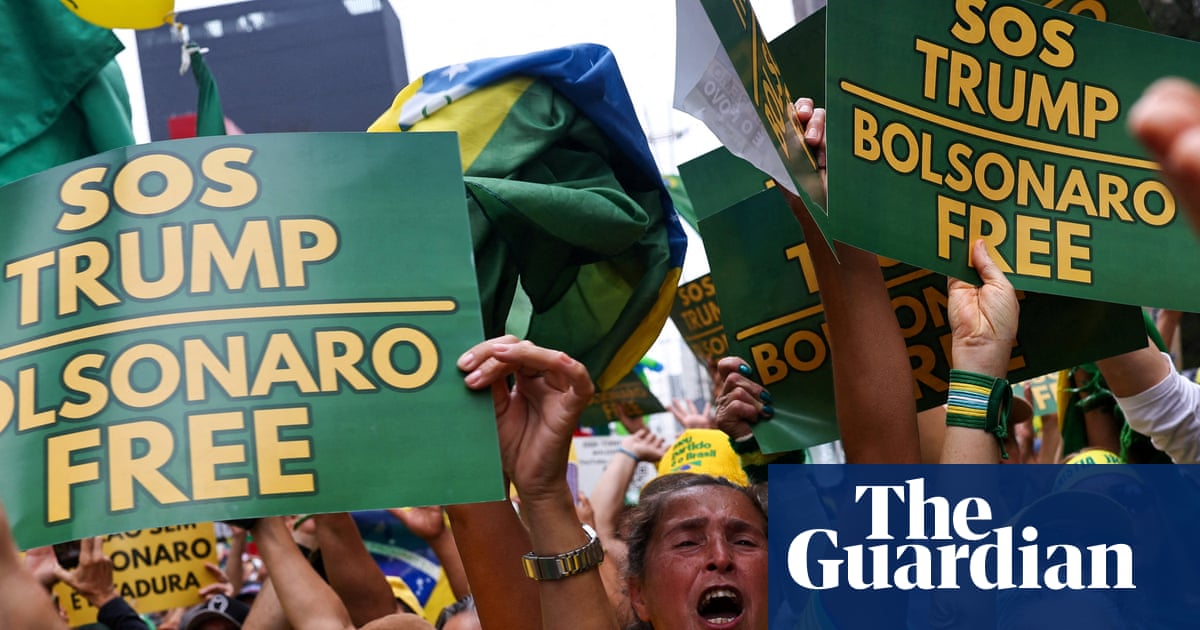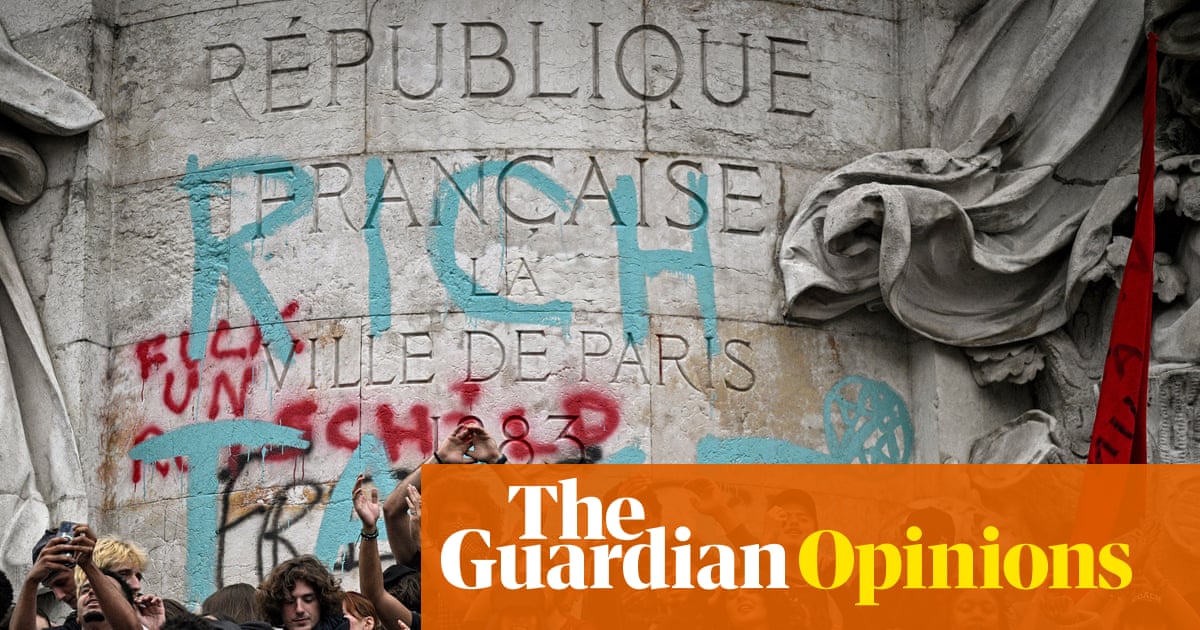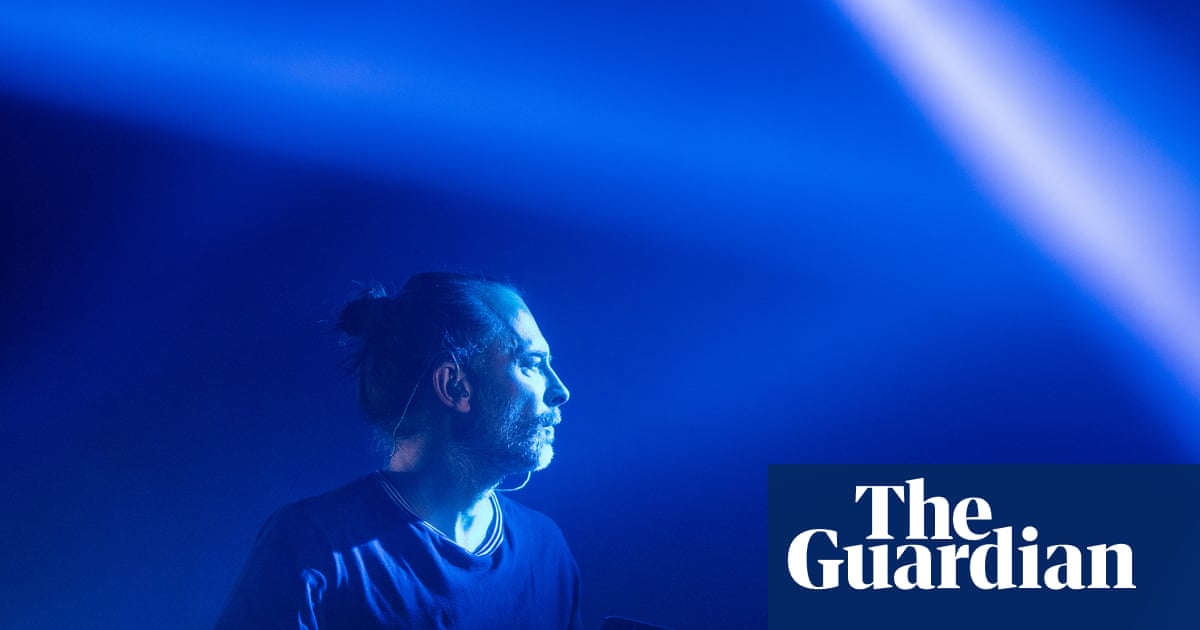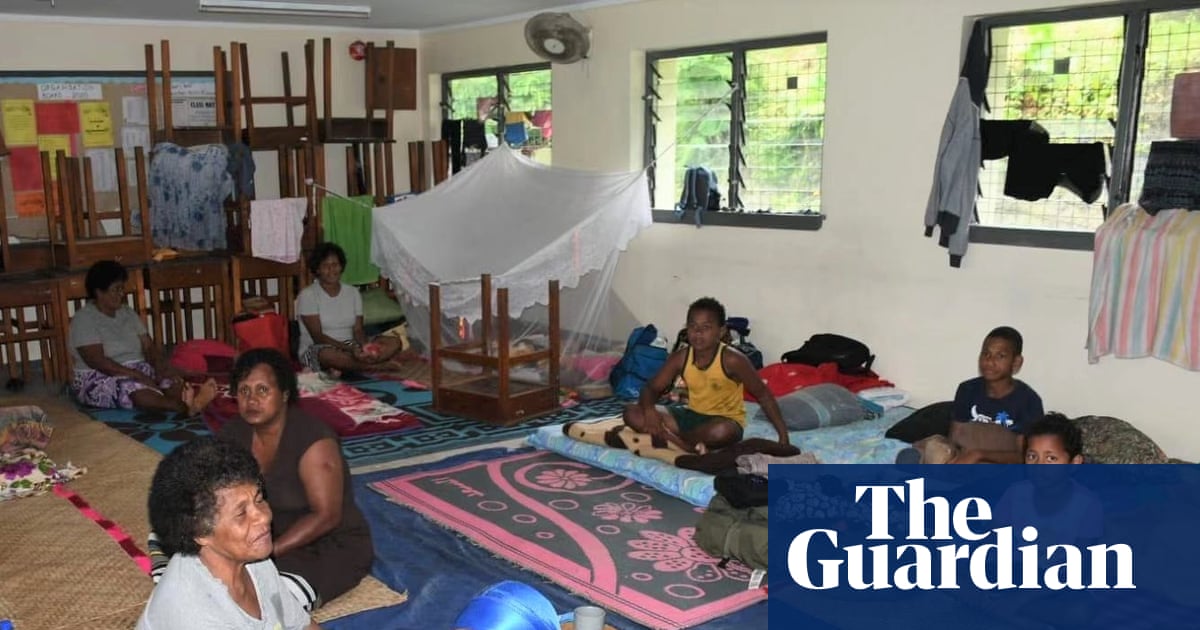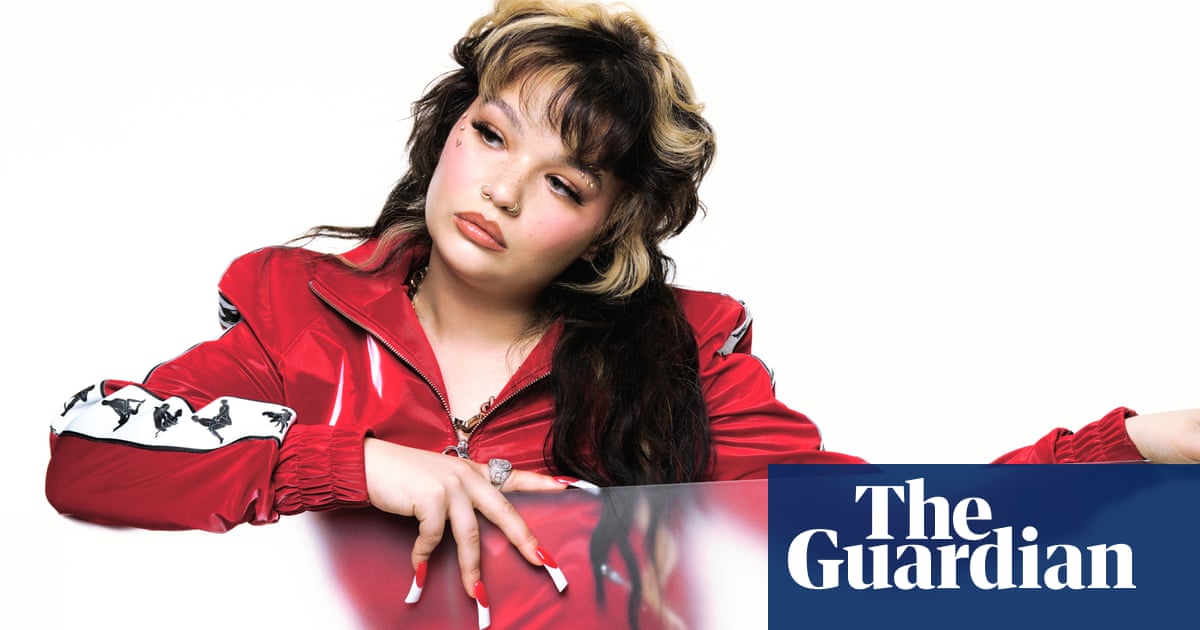Hello and welcome to The Long Wave. This week, I reflect on the Black Lives Matter movement, five years on from the murder of George Floyd, and trace how it changed how I think about racial justice.
‘It felt out of my control’
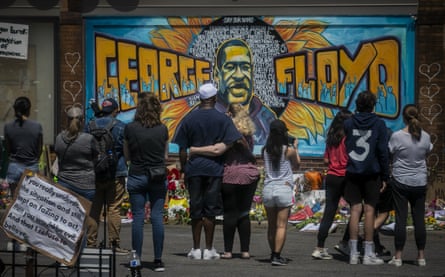
I have been trying to remember how I felt when the first Black Lives Matter protests started in 2020, and it’s harder than I expected. While I have scattered recollections, the closest I can come to nailing it down is through a summary of the emotions I registered: anxiety, overwhelm followed by a determination to grasp what was happening.
My profession doesn’t help when it comes to reflecting on how history actually unfolded. One of the hazards of journalism is that often there is little time to experience and process events, only to try to capture them and analyse their significance. But another reason is that I was suspicious.
Returning to what I wrote at the time confirms this. “Every few years, being Black becomes a macabre spectacle. What is usually a complicated, private identity becomes a public one. A Black man is killed by a white police officer in the United States, and suddenly the world is attuned to your race.” What is clear is that I didn’t trust the moment, and I was angry at what it took for it even to come. Did the world really need to see a man die on a pavement to realise that racism existed?
I also felt resentful that Black people were suddenly called to the spotlight, but only to perform and narrate their experiences as a racialised people. Finally, the world was listening – but not to a whole complicated human, one who is not only defined by race but also by all the other things that make up a person. It felt out of my control, like the movement was happening about and around us, rather than to us.
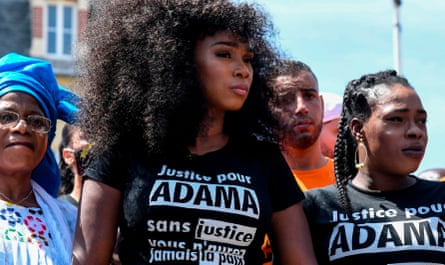
It was elevating yet effacing. The black squares on social media, the white politicians taking a knee and the myriad other instances of self-flagellation felt removed from the demands that were coalescing – to reform institutions, addresssystemic racism from healthcare to housing, and to confront histories of enslavement and colonisation whose legacy we still live with.
But still, I remember thinking: I’ll take it. Of course I would. How could I not? Finally, stories about the Black experience of racialised violence and injustice were getting attention. There was also something magnetically galvanising in how these demands mapped neatly on to different communities.
For the first time in my life, a notional concept of global Black solidarity became concrete. From the Black victims who were shamefully mistreated during the Windrush scandal by the Home Office, to those protesting against the French police’s use of dangerous chokeholds during arrests, to those removing statues of colonial overlords who were part of a cohort that shaped the trajectory of my birth country of Sudan – these were all my people. And so I leapt into the fray.
The immediate aftermath of BLM is sharper in my memory. It was a time of fierce argument and battle against all the directions in which the movement was being pulled. The task was to remain resilient against the backlash and the reduction of profoundly transformative demands into surface-level (even if still necessary) offers of diversity and inclusion. It was necessary, also, to stay resilient during the inevitable dissipation of attention and allure after those first heady days. Again, there was no time to pause, and amid it all I sometimes succumbed to cynicism, perhaps in a defensive crouch. A few years ago, I would have said: “You see? I was right to be suspicious.”
after newsletter promotion
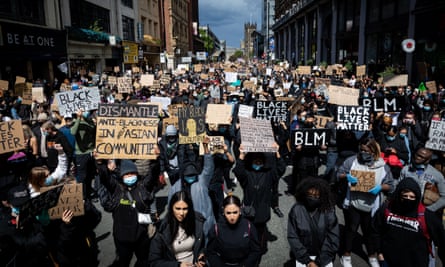
What I realise now, having retreaded history, is that this is how all revolutions work. You cannot contain and rationalise them, and curate them to yield specific desirable outcomes. They are winds that can’t be held back. And they happen not in an abstract place but in the real world, where they will always succumb to messy and complicated countercurrents and human imperfections. They happen in larger contexts – capitalism, white supremacy, and a lack of will among progressive parties in the west to be brave and principled enough to adopt the cause of racial justice – ones that tend to colour the outcomes.
I have learned a lot in the past five years. The biggest lesson is that we don’t get to choose how revolutions unfold, and that we can obscure the small tectonic shifts by always impatiently wanting the big ones. BLM opened up the issue of racial justice in ways that can never again be closed. Whether it’s in tussles about DEI, discussions about academic curriculums, enslavement, colonialism and policing – the stakes have been clarified. There is no tally of wins and losses, and certainly no final score. Revolutions are not decisive in the short term but they are definitive in the long run.
What I can say for certain is that I am happy the revolution happened. It sharpened my understanding of how Black people have to be actively conscious of claiming the right to full personhood, while also claiming the right to Blackness on our own terms. And it connected me to other Black people in their multiplicity, not just in their racial profile or experiences of racism – but also including that, when we feel like it. That feels like more than equity or inclusion – it feels like power.
Read more:
-
Only a third of recommendations to tackle endemic racism in UK implemented
-
How did 2020’s Black Lives Matter movement change the world? Our panel responds
-
George Floyd’s family fights for sacred ground where he took his last breath: ‘That’s my blood’
-
They were shot by police at the 2020 Black Lives Matter protests. ‘I came home a different person’
-
To receive the complete version of The Long Wave in your inbox every Wednesday, please subscribe here.

 3 months ago
45
3 months ago
45


